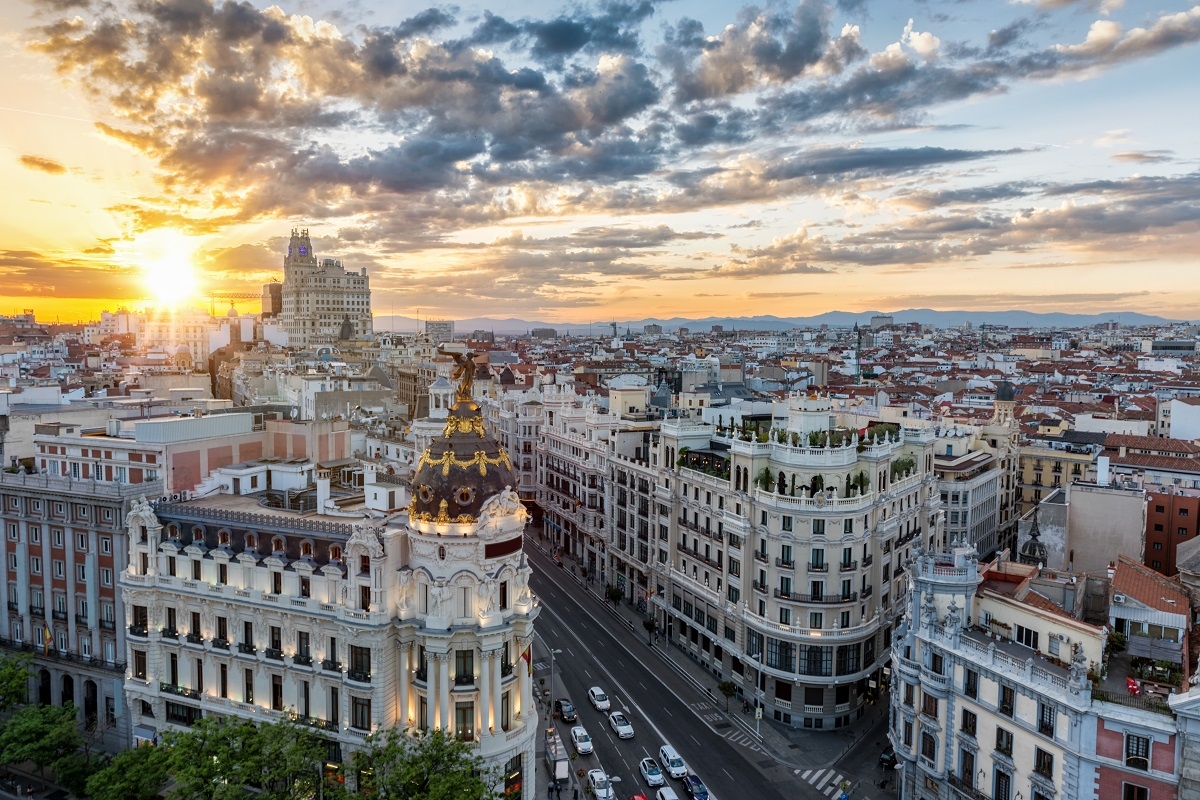

WUC call to Climate Action
Recognizing that Climate Change is one of the planet’s greatest challenges, the World Urban Campaign is calling for climate action to vigorously address the destruction of ecosystems and the threat to undo decades of development gains. Without transformational action, climate emergencies will become increasingly severe, have declared the 160 partner organizations of the World Urban Campaign (WUC). Rapid and far-reaching transitions in energy, land, urban systems and infrastructure, as well as industrial production, are necessary, requiring ambitious and unprecedented changes in all aspects of society.
Reiterating the disastrous effects of climate disasters that impact nearly 200 million people every year, particularly severe on the urban poor, the WUC calls for urgent climate action and invite organizations to join their plea in recognizing the global climate emergency, proposing key actions and principles to deliver The City We Need.
1. The City We Need is net zero emitting by 2050 and limits global warming to 1.5°C by cutting greenhouse gases emissions by 40 to 50 percent before 2030 from 2010 levels. It reduces emissions from transport, energy use and buildings, embraces retrofitting and ensures that new urban construction becomes fossil fuel free. It adopts affordable, robust low-carbon technologies and approaches, with efficient and locally relevant urban design strategies that minimize the carbon footprint of the cities.
2. The City We Need is resilient. The City We Need develops strategies for coping, adapting and transforming with future shocks and stresses to its social, economic, and technical systems and infrastructures so as to maintain the basic structure, functions, systems, and identity. It builds the capacities of local stakeholders, individuals, and communities and governing systems continuously and to assess risks, absorb, recover and learn from acute shocks and chronic stresses both natural and man-made. It addresses the COVID-19 pandemic in conjunction with the climate crisis, adopting ‘green’ recovery plans and measures to help people to adapt and survive to both crises affecting health, wellbeing and livelihoods, particularly for vulnerable populations.
3. The City We Need is regenerative. It restores and replenishes energy, water, food systems, air and ecosystems. It is energy and resource efficient, low-carbon, and increasingly reliant on renewable energy sources. It replenishes the resources it consumes and recycles and reuses waste. It manages water, land, and energy in a coordinated manner and in harmony with its hinterlands. It supports ecosystem restoration and city-regional food systems, including urban and peri-urban food production and community-based agriculture. It is endowed with multifunctional, adaptable infrastructure that supports local biodiversity while providing public space that improves quality of life.
4. The City We Need thrives on nature and culture. It recognizes the capacities and limitations of the natural systems which support it, values biodiversity and ecosystem services for the roles they play in urban health, environmental protection, aesthetics and liveability. It incorporates cultural heritage, indigenous and traditional practices and techniques, as well as community-based solutions, in climate change mitigation and adaptation planning and strategies.
5. The City We Need leaves no one and no place behind. Because climate change is a poverty multiplier, it places the poor and marginalized groups at the heart of climate plans, strategies and actions. The City We Need protects the most at risk by preventing dangerous events where feasible, preparing and protecting them before, during and after the event. It empowers and prepares the communities most at risk and makes them resilient to upcoming disasters.
6. The City We Need has new pathways of sustainable living, valuing preservation and resource optimization. It harnesses effective solutions to ensure that resource extractions are minimized and resources fully reutilized, by improving waste management, generating clean and resource-efficient energy, decarbonizing the electric grid and enabling next-generation mobility. The city we need recognizes traditional mechanisms, enables knowledge and technology transfer, encourages innovations in addressing climate change.
7. The City We Need adopts climate-proof planning, sets emissions reductions targets and strategies to reduce these emissions along with innovative urban design and mobility plans. It uses spatial planning and other decision support systems to support proactive and coordinated cross-cutting urban adaptation and mitigation across urban sectors. It lays emphasis on the preparation of actionable frameworks for better climate proof integrated urban development.
8. The City We Need has collaborative partnerships and mobilizes resources to manage and achieve climate actions and solutions. The City We Need places inclusive climate action at the center of all urban decision-making, to create thriving and equitable communities. It supports locally-led action as one of the transformative strategies and recognizes contributions of all stakeholders and their role as agents of change.
The WUC partners call for effective scalable solutions and innovations to address the climate change challenges. They also call upon all organizations to advocate, collaborate, mobilize resources and build capacities of stakeholders to better implement, scale-up and replicate solutions. In addition, they call upon national governments and local authorities to create conducive enabling environments that incentivizes all stakeholders, including the private sector, to play their part. This starts by enacting adequate and effective laws and regulations and facilitating sound climate, informed planning and risk reduction, access to secure tenure, the provision of infrastructure basic services and shelter. Finally, the WUC Partners call on everyone to join and stand together to combat the challenges of climate change to make cities more liveable for all including the most vulnerable.
On 15 April 2021, UN-Habitat also launched the #ClimateAction4Cities Campaign, a dedicated action campaign to engage more broadly, mobilize multiple actors, and promote climate solutions in cities and communities. The Campaign focuses on the urgent need to work with cities and national governments to reduce urban-based carbon emissions, build resilience to climate change, give voice to the most vulnerable, and build back a more resilient future after the COVID-19 pandemic. Climate action solutions are being promoted on social media channels, shared on various platforms, and inform discussions with researchers and policy-makers at the Innovate4Cities Conference (co-hosted by UN-Habitat 11-15 October 2021).
ABOUT THE CITY WE NEED
The City We Need is a global manifesto of the World Urban Campaign. Initiated in 2015 towards the United Nations Conference on Housing and Sustainable Urban Development (Habitat III, Quito, October 2016), The City We Need is a living document that outlines key principles and drivers of change towards sustainable urbanization for a better future. The City We Need 2.0 (2016) was made possible through the contributions of more than 7,596 men and women from 113 countries and 2,251 organizations, representing fourteen constituent groups: Local and subnational authorities, Research and Academia, Civil Society Organizations, Grassroots organizations, Women, Parliamentarians, Children and youth, Business and industries, Foundations and philanthropies, Professionals, Trade Unions and Workers, Farmers and Indigenous People. The City We Need 3.0 (2021) will be released before the United Nations Conference on Climate Change (COP26).
ABOUT THE WORLD URBAN CAMPAIGN
The WUC is an advocacy and partnership platform to raise awareness about positive urban change in order to achieve green, productive, safe, healthy, inclusive, and well-planned cities.


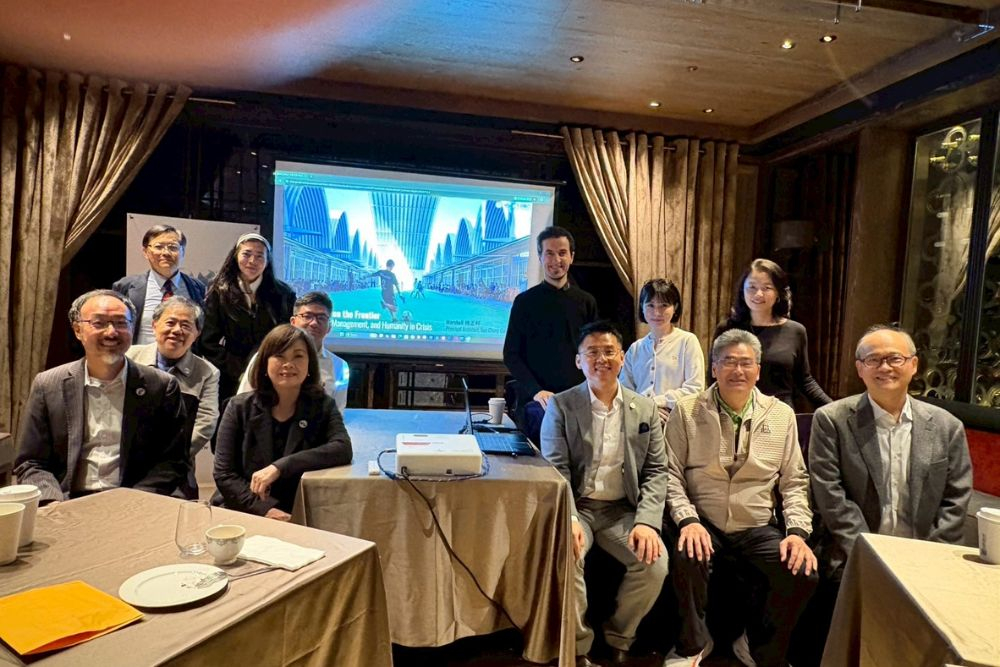
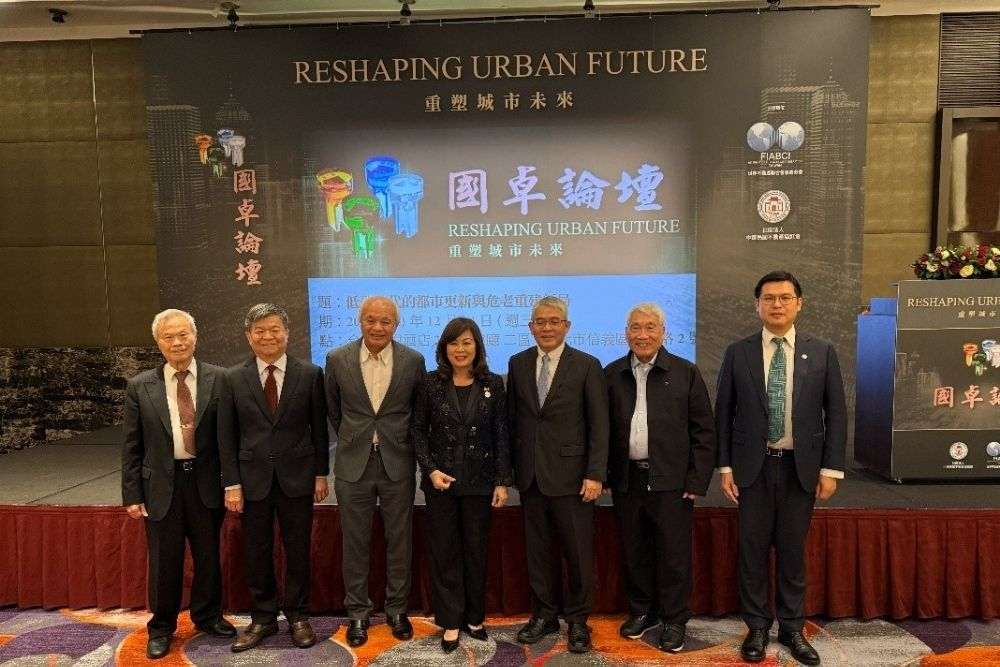
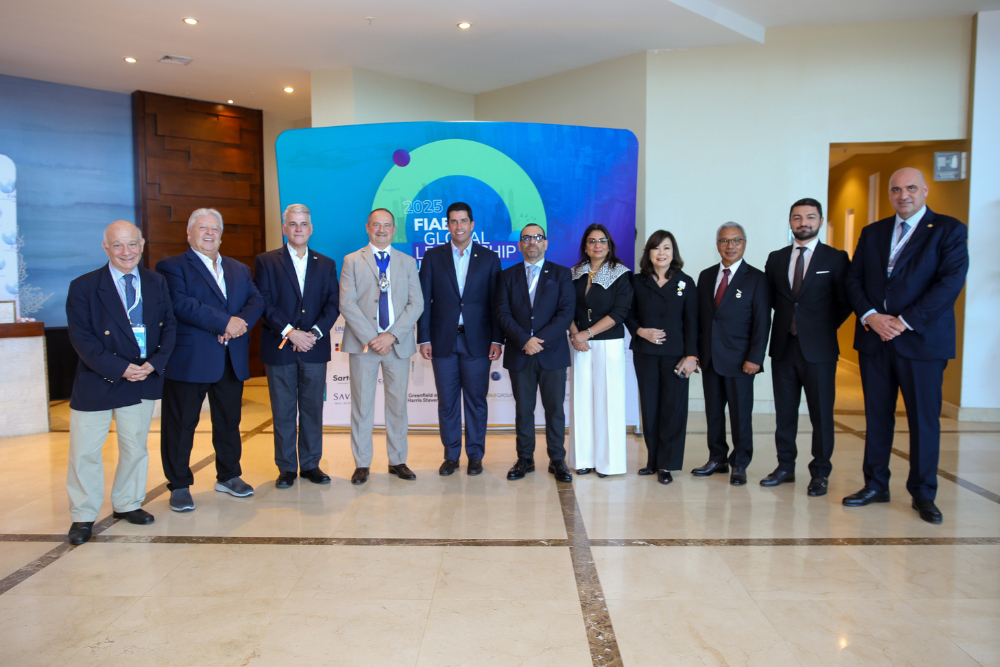
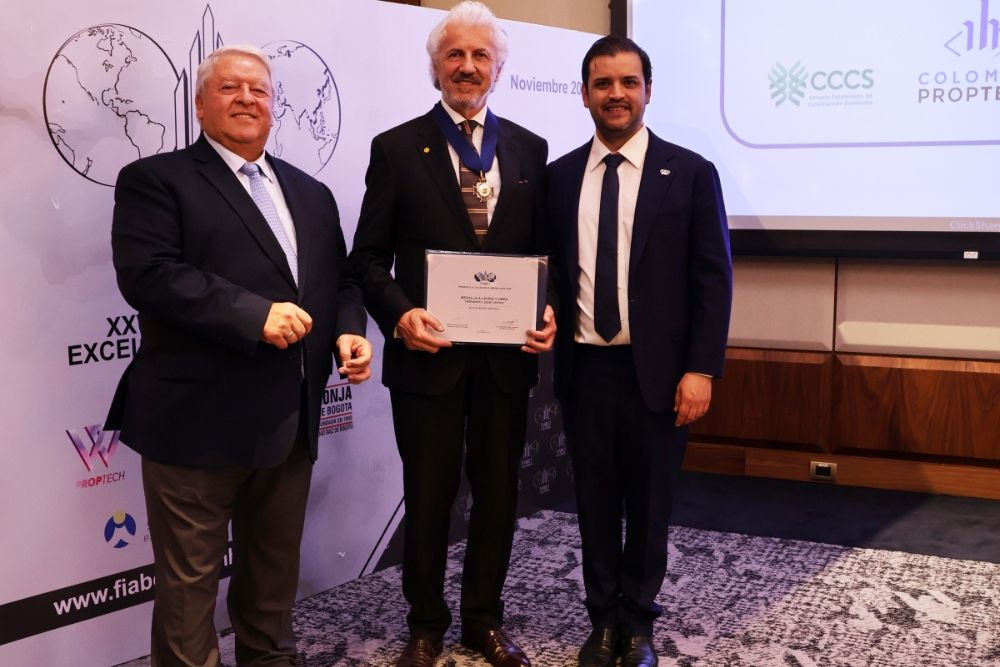
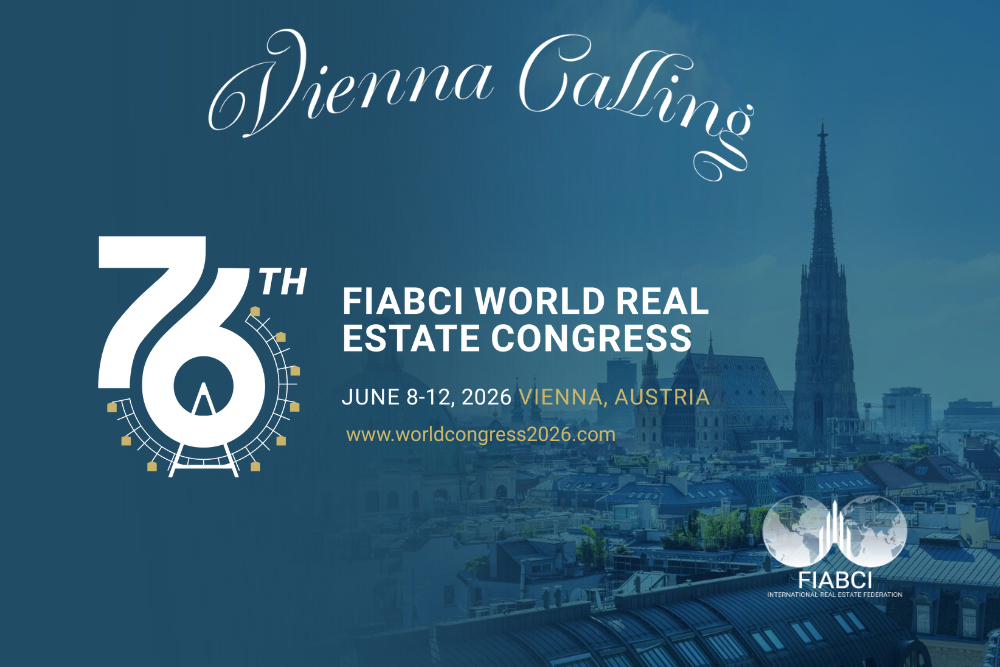
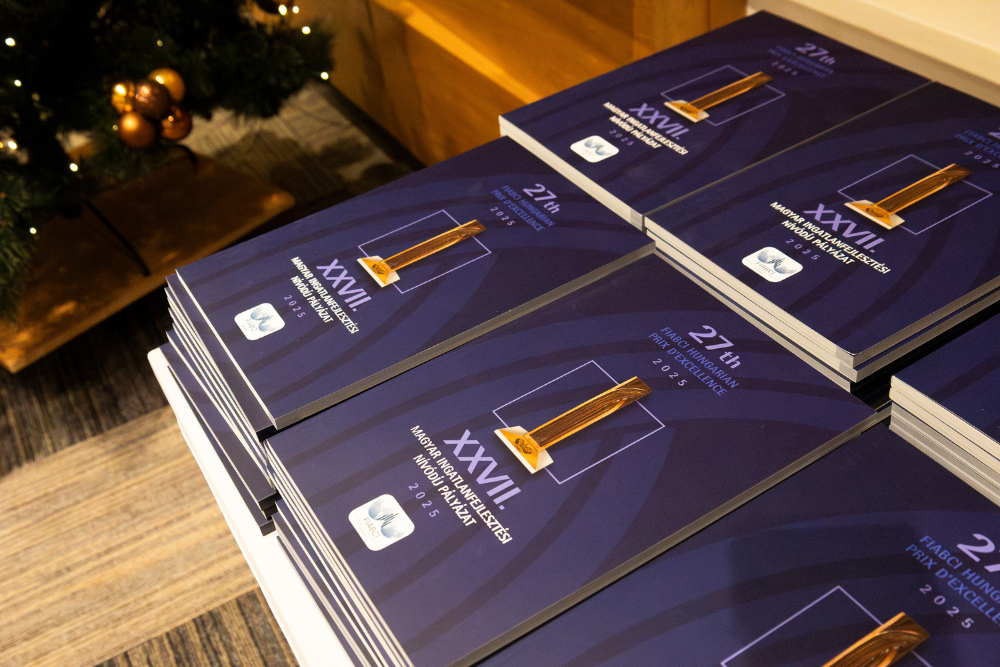
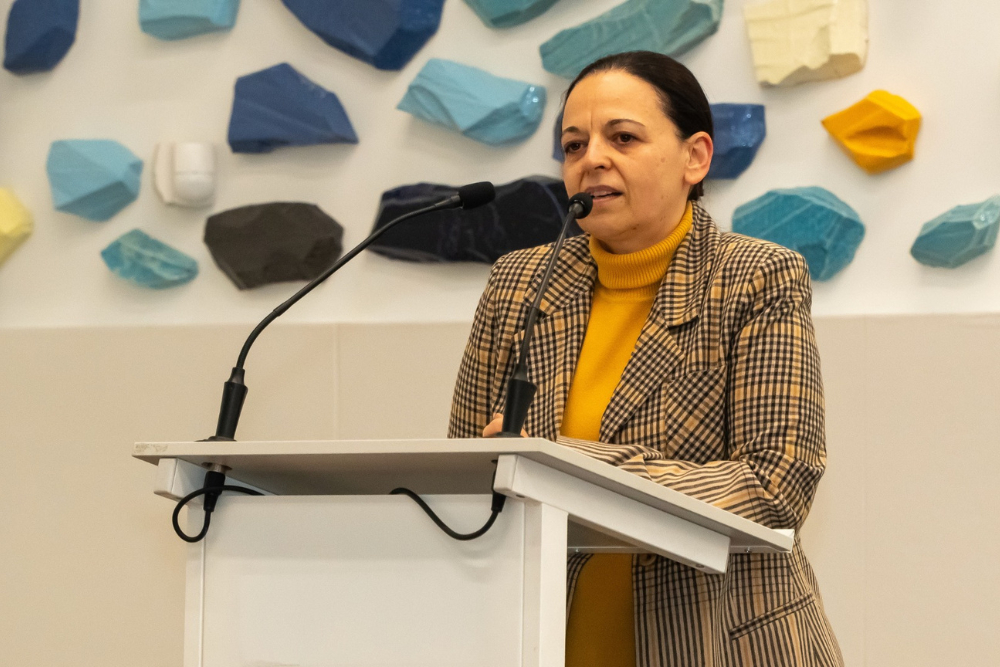
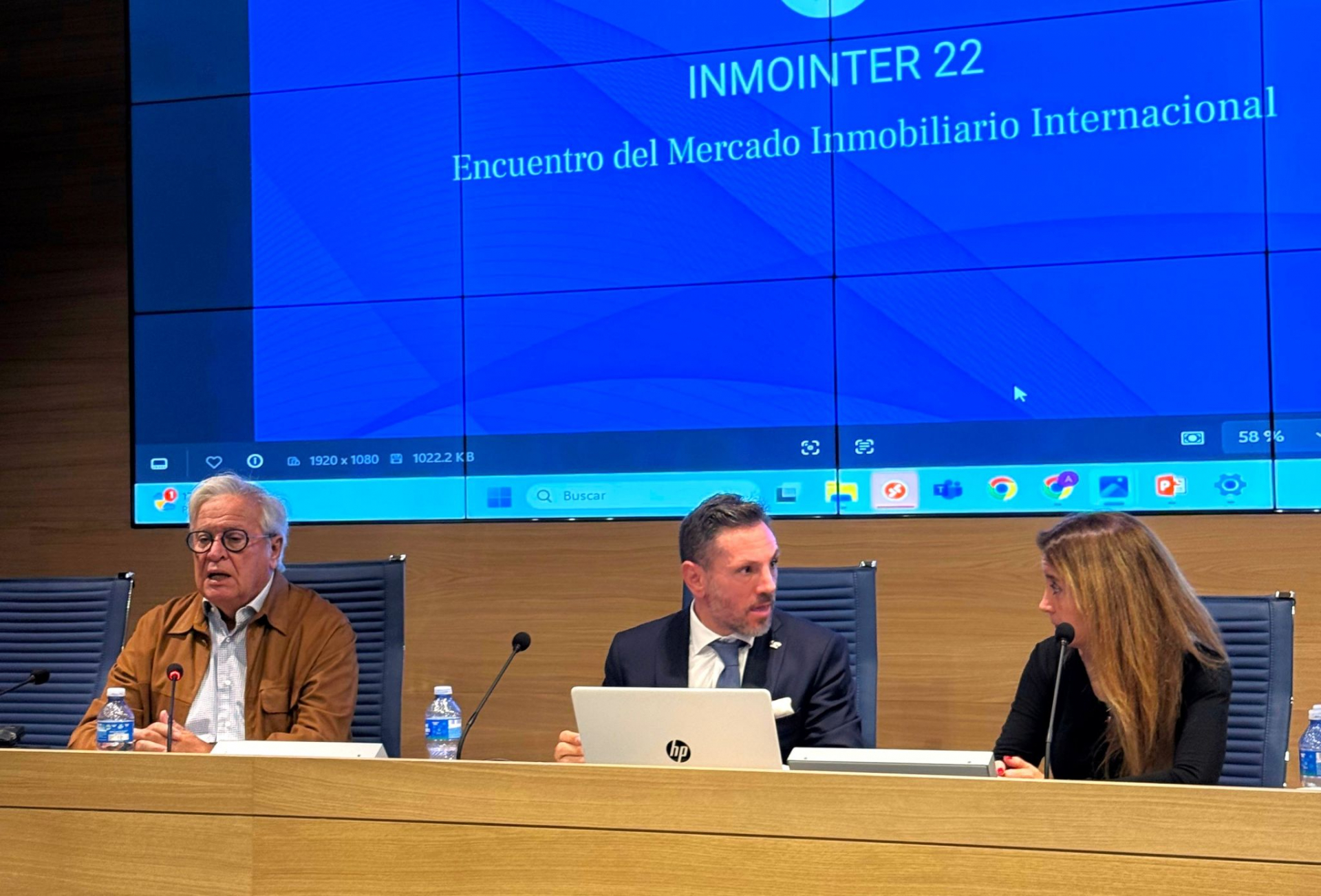

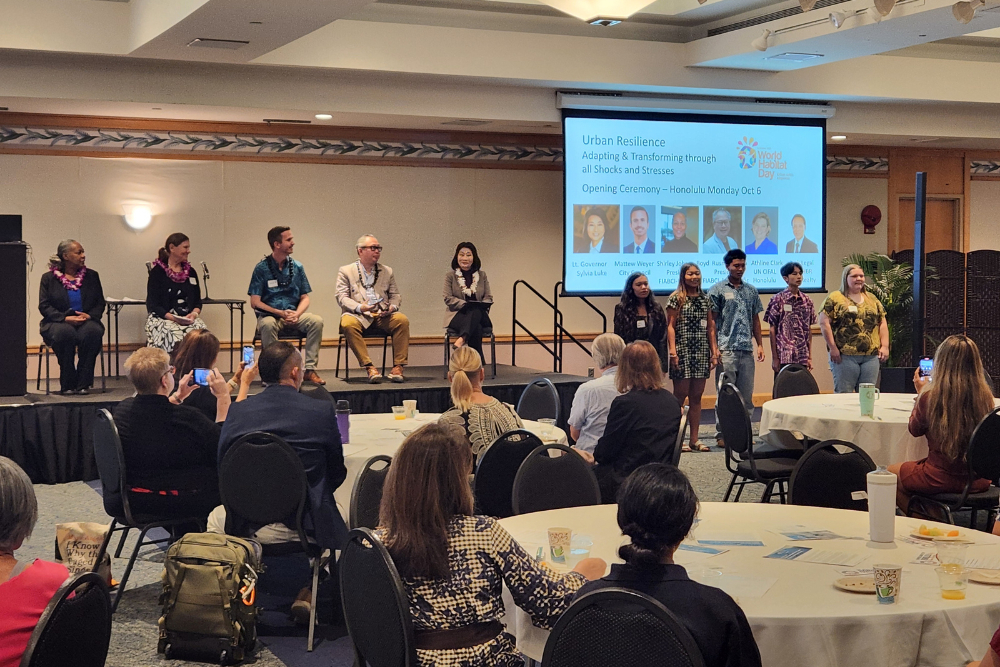
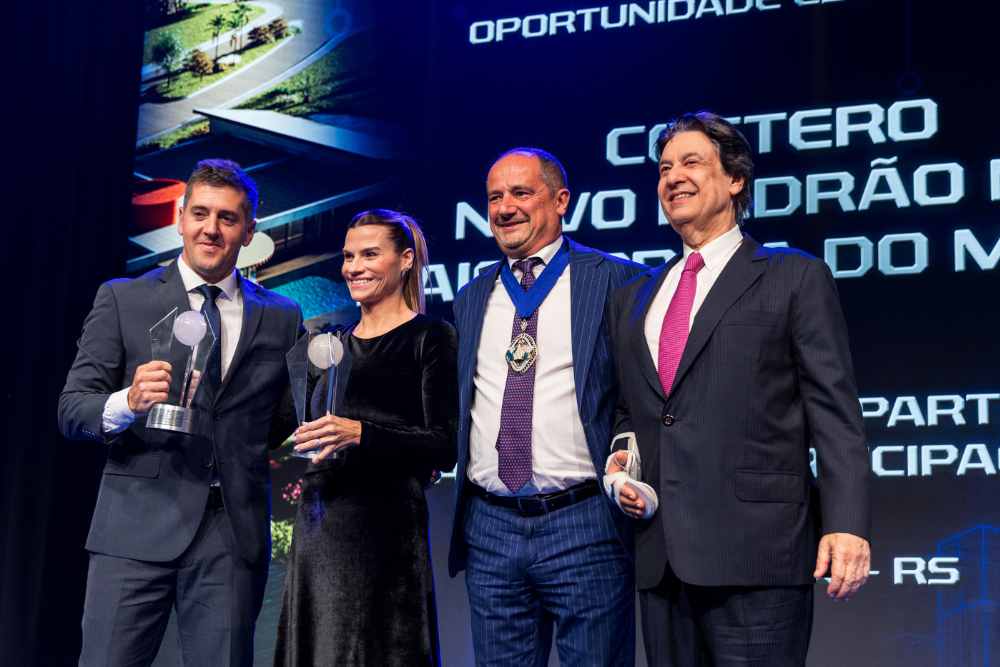

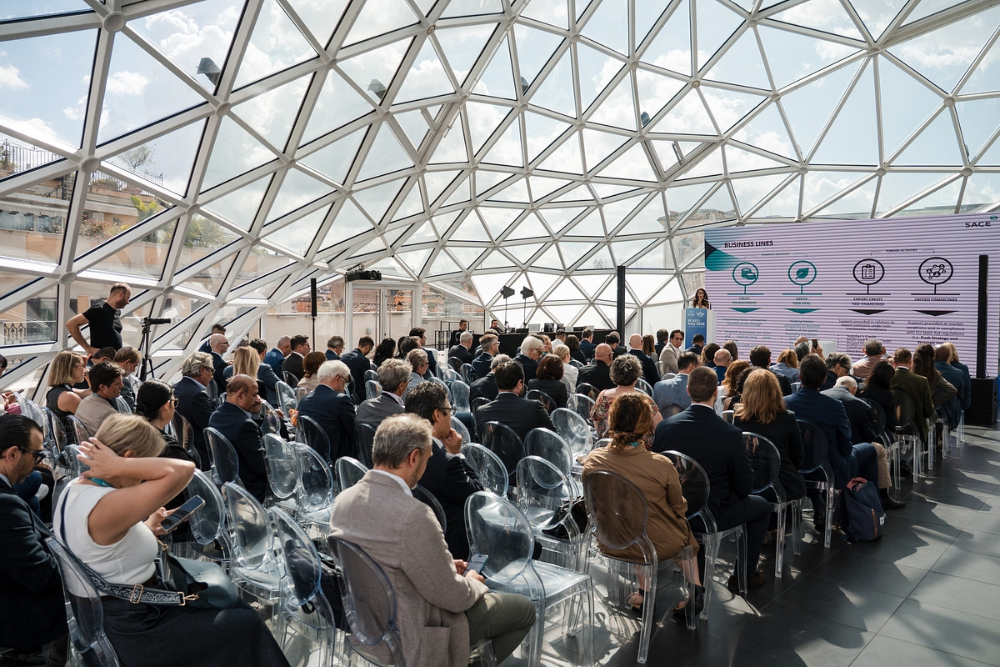
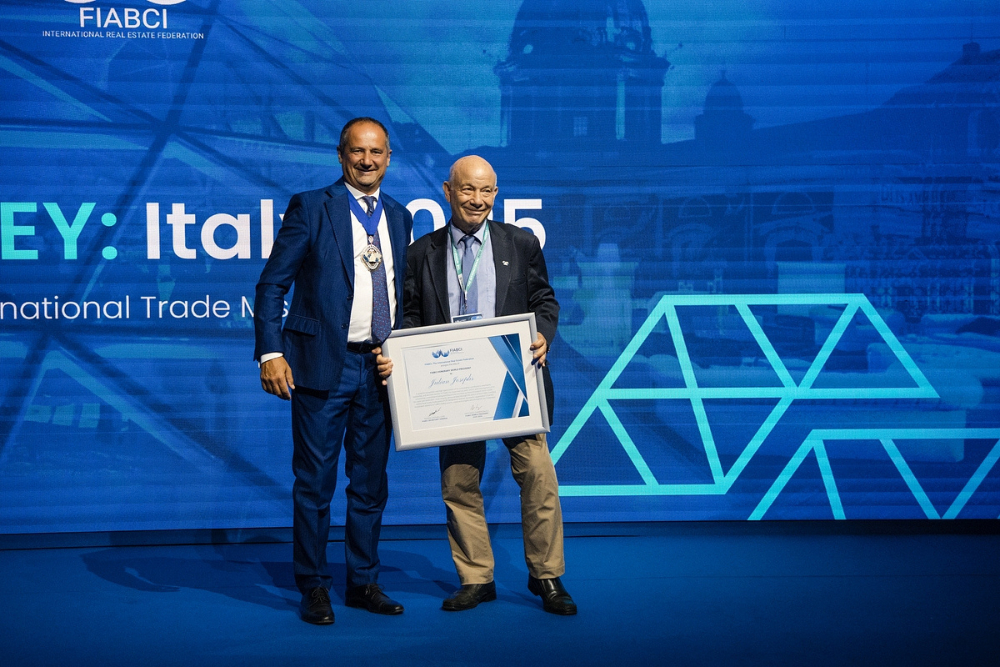
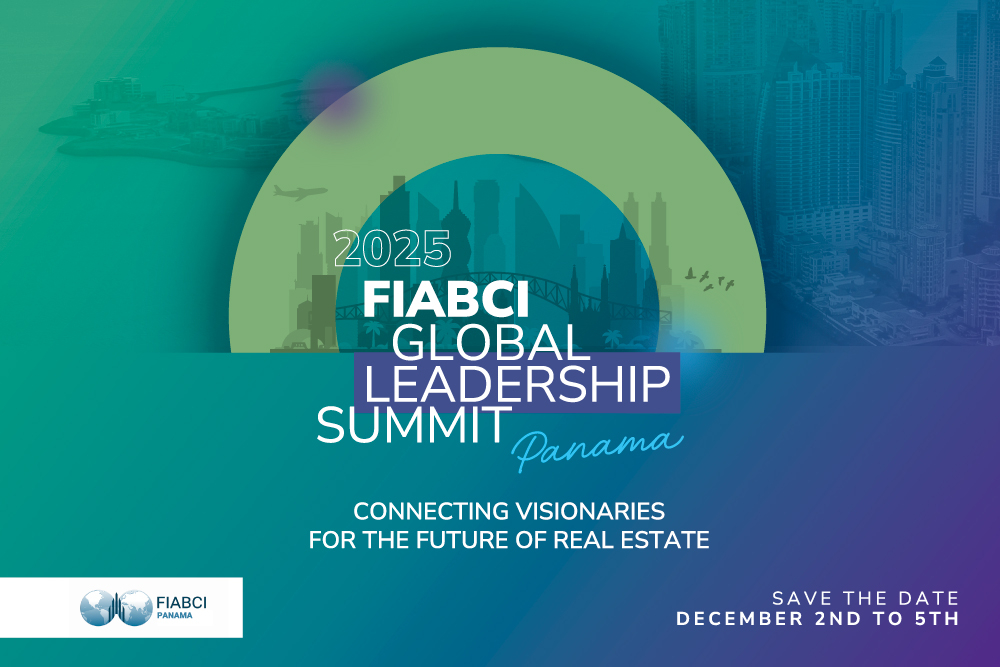


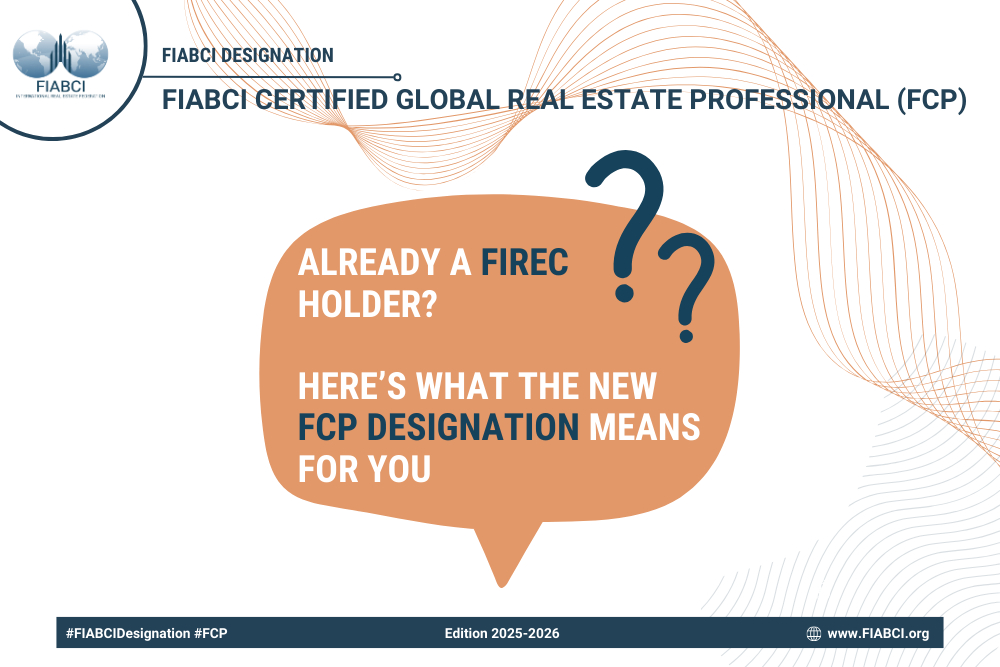
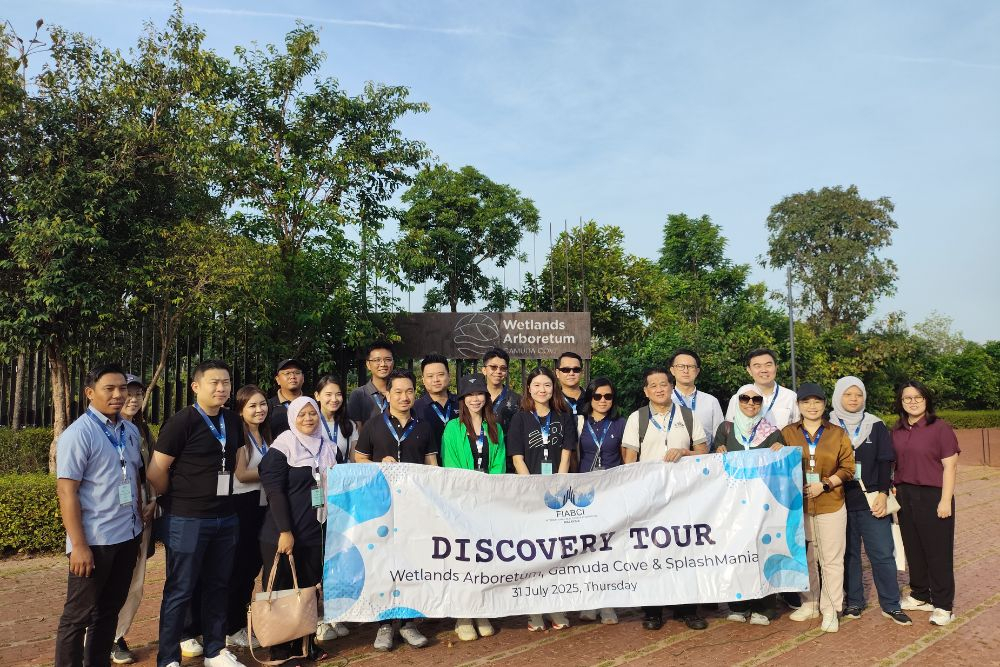
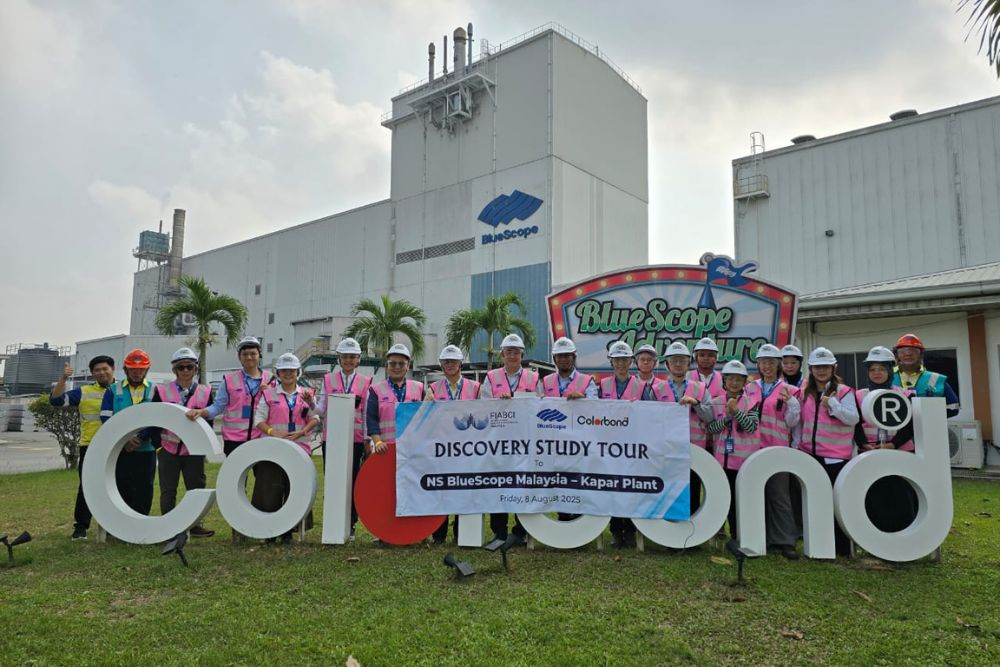





















































































































































































































































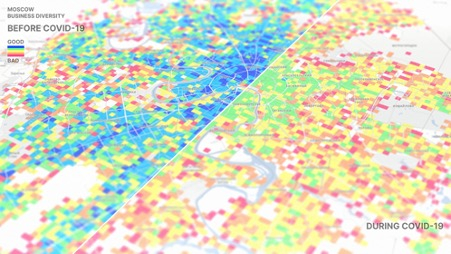
































































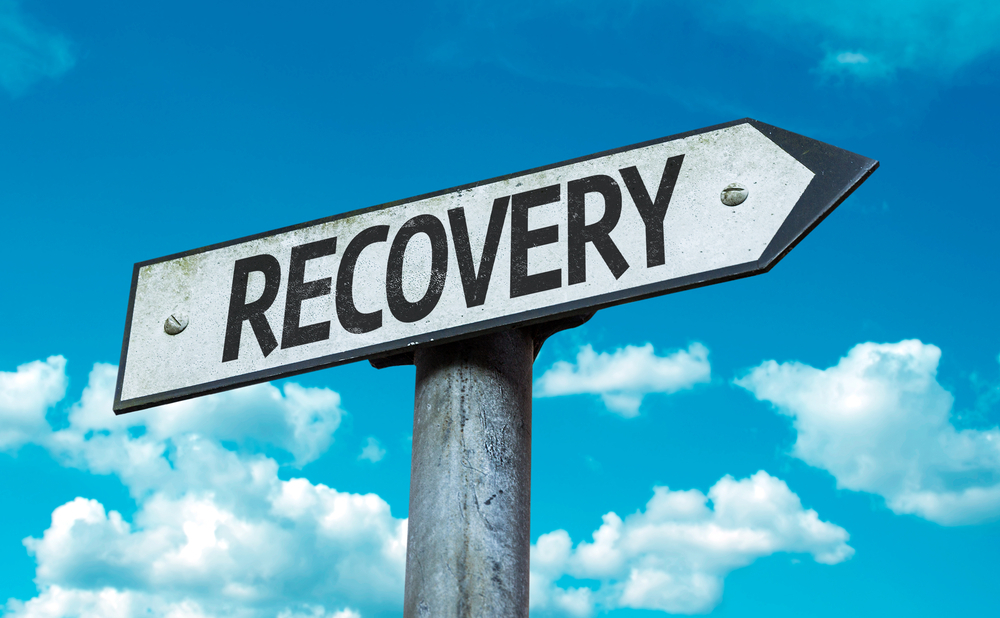










![[Webinar Summary] COVID-19: What lies ahead for the Real Estate Industry?](/uploads/news/9i1w05plq2ksbcswuyj5ze2nr.png)



















































